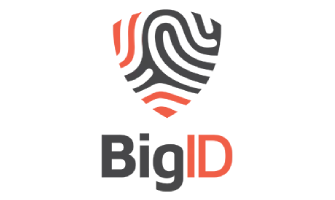BigID

Company Info
Headquarter
165 Mercer St, 4th Floor, New York, NY, 10012, United StatesTelephone
+1 (917) 765 5727Analyst Coverage :
BigID was founded in 2016 and it is based in New York and Tel Aviv and also has offices in London. The company has raised approaching $100m in venture capital to-date, with notable investors including Salesforce Ventures, Bessemer Ventures, Scale Ventures, ClearSky Ventures and SAP.io. The latter is also a partner and BigID can be directly licensed from SAP as well as from other value-added resellers. As far as SAP is concerned, this partnership will be important as BigID increasingly targets European markets (especially the financial services sector). Other notable partnerships include TrustArc, OneTrust, RSA Archer, Collibra and Immuta, amongst others. The company is currently developing a reference architecture to be used in conjunction with Privitar, a company that, like Immuta, provides data masking.
Related Research
Solutions
Connect with Us
Ready to Get Started
Learn how Bloor Research can support your organization’s journey toward a smarter, more secure future."
Connect with us Join Our Community


